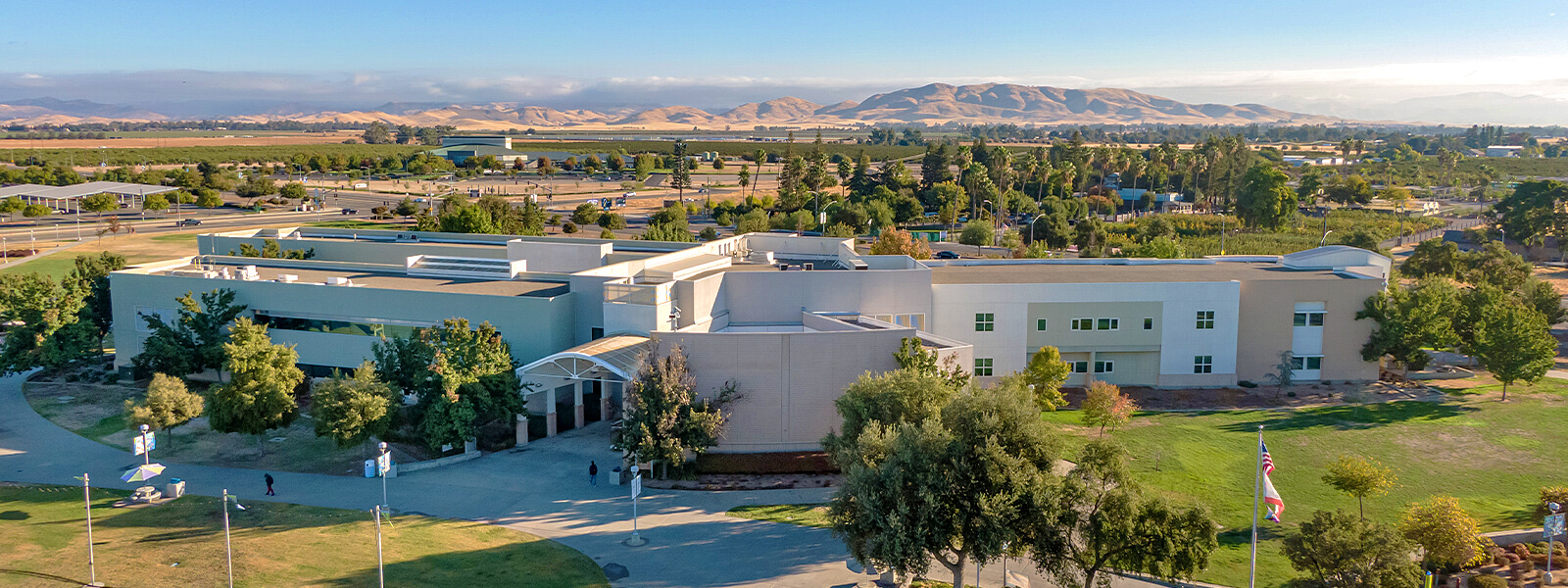College Committees
College Committees assist the President in fulfilling the chancellor’s and Board’s plans, procedures, and policies as well as state mandates. The authority for College Committees is derived from the college and district as the President, Chancellor, and/or Board of Trustees assign specific responsibilities to committees.
College Committees are formed to ensure broad participation in planning and completing tasks that have college-wide impact, such as unit/program planning, accreditation, safety, facilities, and assessment.
Members are assigned or appointed to serve as College Committee members as representatives of specific constituencies as well as by virtue of their unique expertise or position.
Source: Clovis Community College 2024-2026 Governance Handbook
Accreditation Steering Committee
The Clovis Community College Accreditation Steering Committee is responsible for making recommendations on college accreditation and guiding and monitoring on-going accreditation activities.
Dual Enrollment Committee
Facilitates Clovis Community College procedures and structures that provide technical and administrative guidance to implement dual enrollment and high school enrichment programming and coursework. Ensuring state regulations (i.e., AB 288, AB 30) and established district-wide policies and regulations are maintained and followed.
Environmental Health & Safety and Facilities Committee
The committee is established by Clovis Community College to assist in complying with the provisions of California Labor Code Section 6401.7 (Chapter 1369, Statutes 1989) [Senate Bill 198 adopted 1989]; California Code of Regulations, Title 8, Section 3203(c); Board Policy 6800; Administrative Regulations 6800; and the State Center Community College District Injury and Illness Prevention Program (IIPP). The Environmental Health & Safety and Facilities Committee also makes recommendations on college-wide planning related to facilities.
Faculty Professional Development Funding Committee
The Faculty Professional Development Funding Committee supports the continued development of faculty through the approval of professional development funds for travel and conferences. This funding is allotted for faculty to use for discipline-specific opportunities such as conferences.
Guided Pathways Steering Committee
The Guided Pathways Steering Committee promotes college-wide understanding of Guided Pathways and makes recommendations on college-wide planning related to guided pathway activities.
Outcomes and Assessment Committee
The Outcomes and Assessment Committee promotes college-wide understanding of assessment and robust dialogue to enhance institutional effectiveness and continuous improvement across the college. It facilitates the development, implementation, and assessment of course, program, institutional, and service unit outcomes across all areas of the college and makes recommendations on college-wide initiatives related to outcomes assessment.
Professional Development Committee
The Professional Development Committee makes recommendations on the direction of college-wide professional development activities that support the college’s strategic goals and the professional development goals of employees.
Sabbatical Committee
The Sabbatical Committee is responsible for reviewing all sabbatical applications and providing the College President with a recommended rank order of leave applications.
Salary Advancement Committee
Evaluate requests for education and make recommendations for salary class advancement by faculty to the College President.
Student Success and Equity Committee
The Student Success and Equity Committee coordinates initiatives and makes recommendations on college-wide planning related to such activities.
Technology Advisory Committee
The Technology Advisory Committee makes recommendations on college-wide planning related to technology infrastructure, training, and support.
Unit/Program Plan Committee
The Unit/Program (UP) Planning Committee oversees the college’s unit and program review process in order to facilitate intentional self-evaluation and planning, and to assist programs in completing the UP Planning process according to the timeline.








